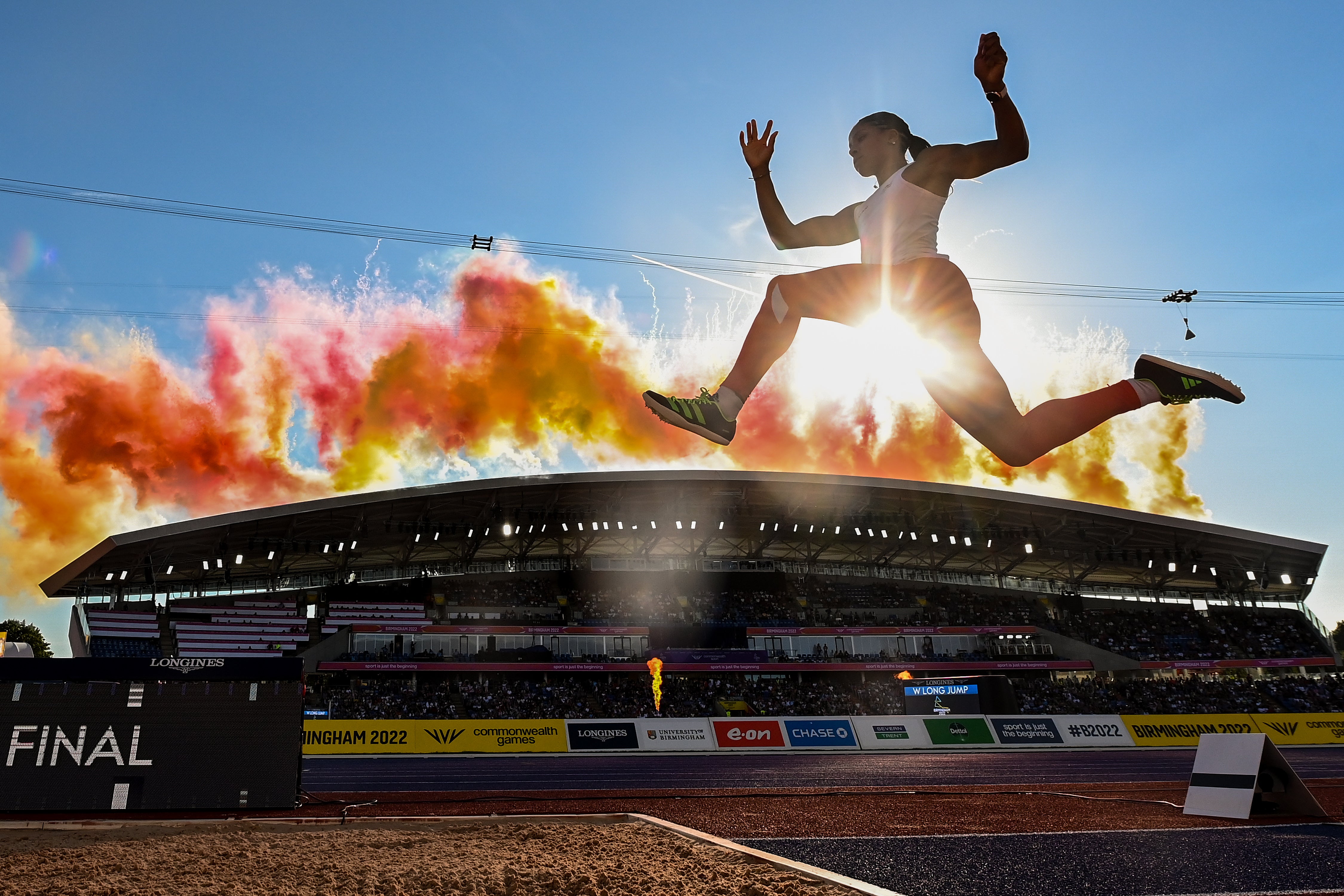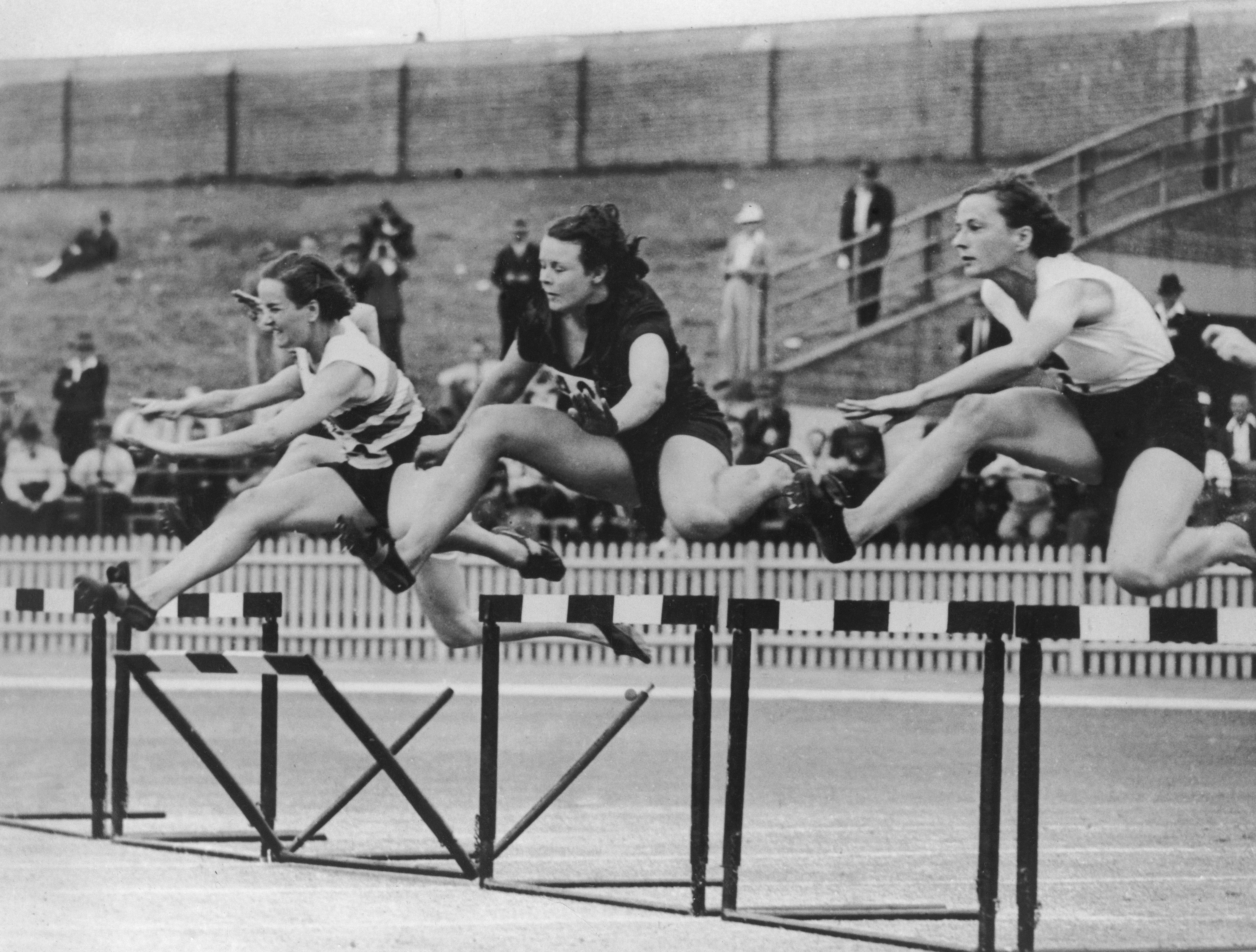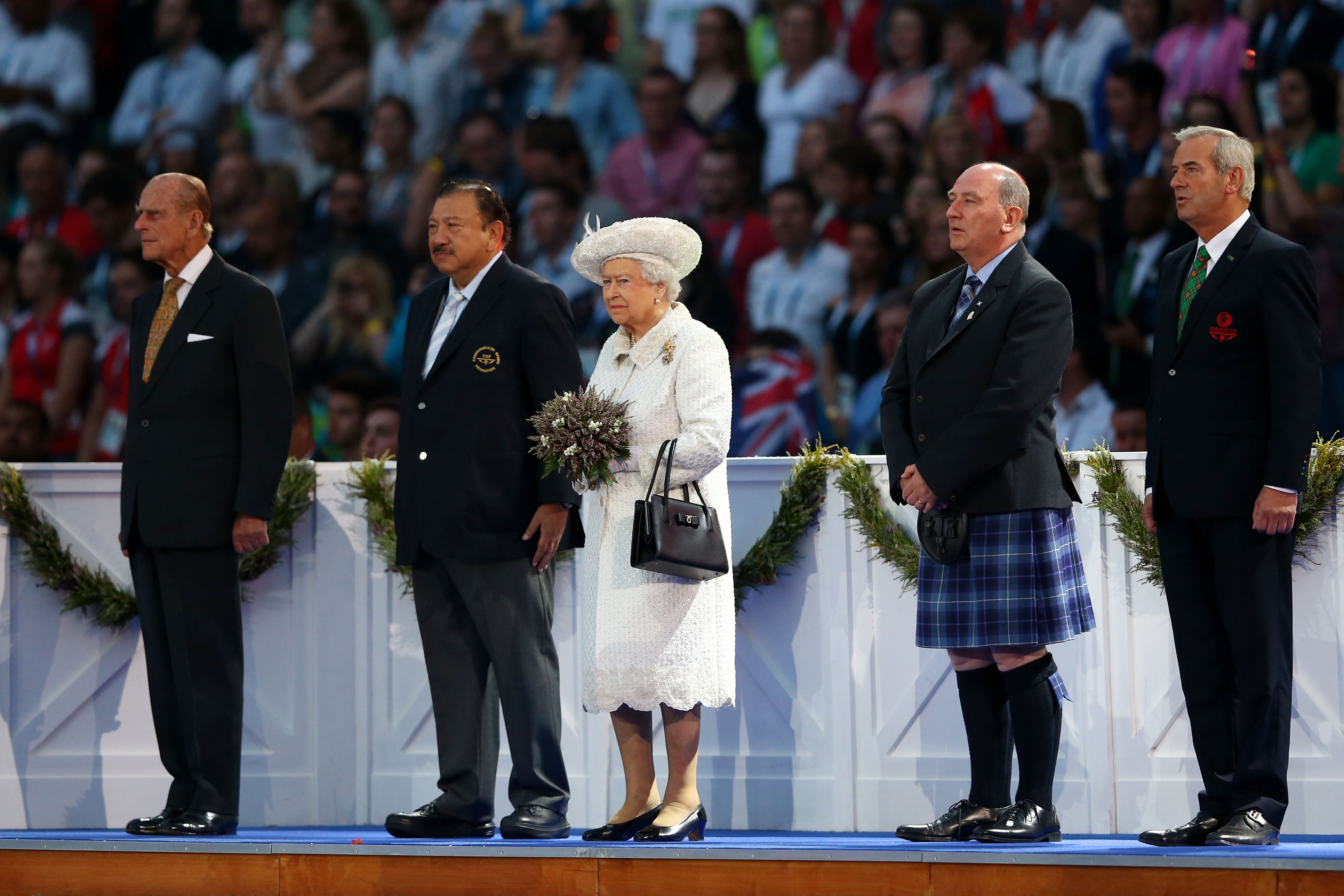Is the crisis-hit Commonwealth Games about to run its last race?
As reparations dominate the talk around the Commonwealth summit, Jim White takes a look at why more and more countries are turning their back on hosting and even participating in the group’s sporting set-piece, and how it is reflective of the larger issue King Charles faces


In Samoa this week, the Commonwealth heads of state conference looks as if it might get a touch boisterous. At the heart of an organisation that once gloried in the self-satisfied moniker of the Family of Nations the mood is more like the sort of fractious atmosphere at a domestic get-together at about 4:30 on Boxing Day afternoon.
On one side are those Caribbean members lobbying for the British to pay slavery reparations of some several trillion dollars. “There should be a ‘come to Jesus’ moment, where we truly look at one another in the eye,” was how Philip Davis, the prime minister of the Bahamas put it about putative discussions. When it comes to discussing cash – or even issuing a state apology – Sir Keir Starmer, however, appears determined to look the other way.
How King Charles must have wished for some good news to counter the widening schism within the body he leads.
Unfortunately, the Commonwealth’s most significant cultural and diplomatic production, the one place where the member states come together in the spirit of participation, appears to be on its last legs. Yes, even sport cannot keep this lot together. After the Australian state of Victoria pulled out of hosting the 2026 Commonwealth Games last July, citing unfeasible projected costs that had spiralled to nearly £3.5bn, Glasgow has now stepped in once more to host an event that was staged in the city as recently as 2014. Well, sort of stage it. The 19th edition of the multi-sport event which was first held in 1930 as the Empire Games has been so cut back, so stripped down, so thinned out, the only surprise is that it’s not sponsored by Ozempic.

In a sense, there was no choice. Nowhere else was prepared to commit to an event that comes with none of the international corporate and broadcasting backing that attends the Olympic Games. After a year of desperate scrabbling around for somewhere – anywhere – to hold the thing, the Commonwealth Games Federation finally persuaded the city of Glasgow to do so. But Glasgow would only do it in such a reduced manner it really ought to come with a health warning.
The last Commonwealth Games, in Birmingham, featured 19 different sports, across 15 venues. Glasgow will see just 10 sports in four venues. Staples of the Games like badminton, squash, triathlon, shooting, diving, rugby and cricket have been cut from the programme. So has hockey, despite the fact the city built itself a sparkling new centre for the sport at a cost of some £5m the last time it held the Games. A rather embarrassed head of the organising committee explained that the problem was accommodating all those teams: they simply couldn’t afford to put up the numbers of competitors. Thus all team sports – bar netball and 3x3 basketball – have been evicted.
“Not much of the Commonwealth Games left – makes you wonder about its future,” said Fred Spendolini-Sirieix, TV maître d’ and the father of the Olympic medallist Andrea, when he heard the news his daughter will not get to defend her two Commonwealth diving titles.
It is pathetic – there is no need for the Commonwealth Games – they should do away with it. I feel strongly we shouldn’t send out a team. It is not required
At least he was polite. In India, the only country outside Australia and the UK to host the games this century, it has been taken as a particular slur that the sports at which the nation excels – hockey, cricket, squash, badminton – are to be expunged.
“It is pathetic – there is no need for the Commonwealth Games – they should do away with it,” said Vimal Kumar, an Olympic badminton medallist and former national coach. “I feel strongly we shouldn’t send out a team. It is not required.”
He appears not to be the only one who thinks like that: frankly, is there any point in the Commonwealth Games any more?
Certainly, If the King was hoping that Victoria’s last-minute withdrawal was an aberration and that there might be better news in future, he will be soon disabused. The government of Alberta in Canada, so far the only confirmed potential bidder for the 100th anniversary Games in 2030, has halted its plans to bring the event to the Canadian cities of Calgary and Edmonton. Money talks, and there is simply not enough incoming to make the event pay. The city of Birmingham, for instance, ended up with a bill of some £778m to host the Games in 2022. And so far, all it has to show for its two weeks of sporting hospitality is bankruptcy.
Indeed such is the exorbitant cost of putting on the thing, the smaller nations in the organisation have long since been priced out of the possibility of hosting. It has become an event that oscillates between Britain, Australia and Canada. And even then, its scale and prominence have been in steep decline. Across most sports – bar perhaps bowls and netball, which have no place on the Olympic programme – its status and importance has ebbed to the point of invisibility.
Come 2026, the best track-and-field athletes, for instance, whose programme is one of the few to remain intact after the Glasgow cuts, will not be inclined to give it their all in the Games. For British athletes like Keely Hodgkinson, the European Athletics Championship takes place just a fortnight later, while for the Kenyans and Jamaicans, the hundreds of thousands of pounds available in prize money in the Diamond League meetings that summer will surely offer a bigger lure.
And how different it will be in Glasgow in 2026 from how it was in 2014. Then, with the Queen relishing the moment as she opened proceedings in Celtic Park, those Games presented the Commonwealth apparently at its most robust. This was an organisation she had championed almost from the moment of its inception, one she had regarded as a model of unity. Just ahead of the Scottish Independence Referendum, here was striking evidence of being better together.

But the Queen has gone. Her successor has none of the depth of respect that came from the longevity of commitment. For many a leader of the nations that were once ruled by the British crown, now is looking like the right time to end the connection, however ceremonial it has become.
Once a Games might have shifted, albeit marginally and temporarily, such perception. Once it presented a vision of an organisation of scale and value. But, fraught with financial problems, ever more expensive and ever less relevant, in this instance sport can no longer act as the glue that brought so many across this archaic alignment together. Even it was just for a few moments to watch the 100m final.
Join our commenting forum
Join thought-provoking conversations, follow other Independent readers and see their replies
Comments


Bookmark popover
Removed from bookmarks